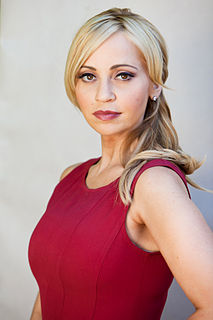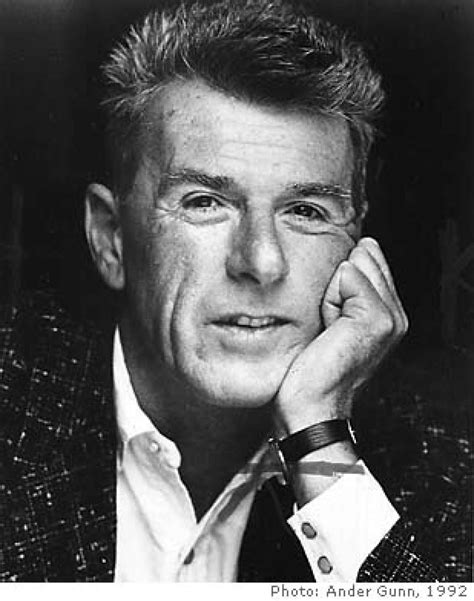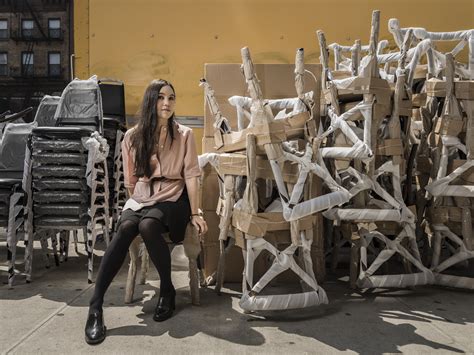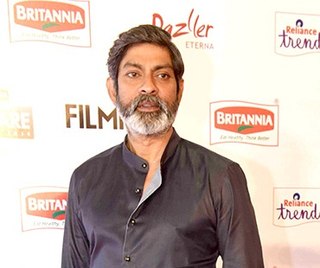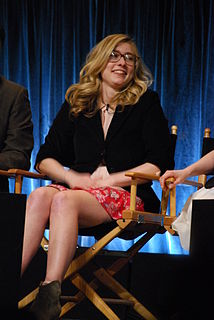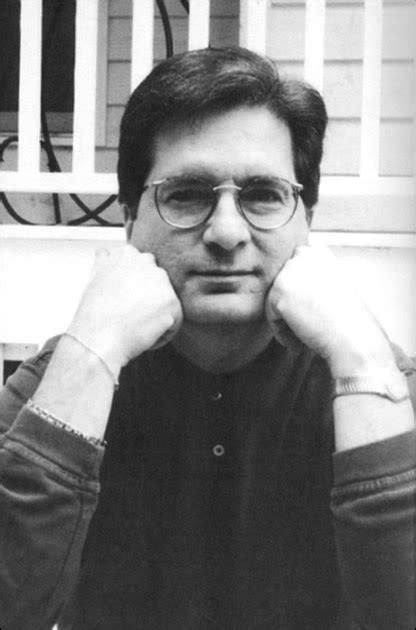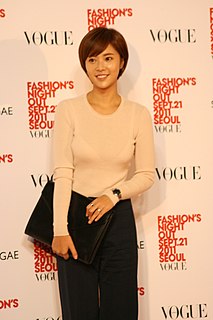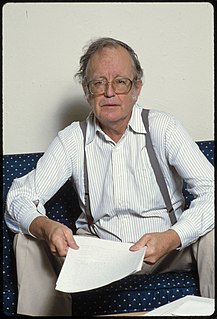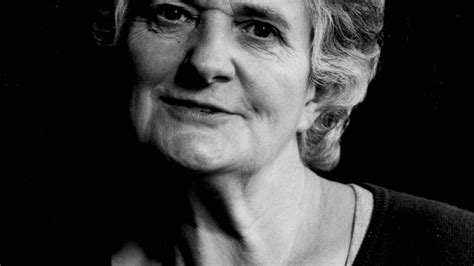Top 1200 Literary Characters Quotes & Sayings - Page 2
Explore popular Literary Characters quotes.
Last updated on September 30, 2024.
We talk about characters in literature as though they were built on the model of the real person, but then I often think that the way we present ourselves as real people is based heavily on the way literary psychologies are stylized, and I wonder how the two forms of realistic personhood feed on or fulfill each other.
My literary criticism has become less specifically academic. I was really writing literary history in The New Poetic, but my general practice of writing literary criticism is pretty much what it always has been. And there has always been a strong connection between being a writer - I feel as though I know what it feels like inside and I can say I've experienced similar problems and solutions from the inside. And I think that's a great advantage as a critic, because you know what the writer is feeling.
Make sure your characters are worth spending ten hours with. That’s how long it takes to read a book. Reading a book is like being trapped in a room for ten hours with those characters. Think of your main characters as dinner guests. Would your friends want to spend ten hours with the characters you’ve created? Your characters can be loveable, or they can be evil, but they’d better be compelling. If not, your reader will be bored and leave.
The nation as the horizon of an identity that you want to come into being as a fundamental absence of something that is compromised, something that needs to be rescued or made - these matters preoccupy the third world writer. It is seductive for a Marxist understanding of literary practice and production in the sense that it says that material culture determines literary output.
Many of Judy Blume's books - which I devoured when I was growing up and where I found characters that were believable because they were a lot like me - caused considerable consternation when they were first published, but now they're widely accepted as an essential part of the children's literary canon.
[Michael] Chabon, who is himself a brash and playful and ebullient genre-bender, writes about how our idea of what constitutes literary fiction is a very narrow idea that, world-historically, evolved over the last sixty or seventy years or so - that until the rise of that kind of third-person-limited, middle-aged-white-guy-experiencing-enlightenment story as in some way the epitome of literary fiction - before that all kinds of crazy things that we would now define as belonging to genre were part of the literary canon.
I'm mostly interested in characters and how they manifest themselves in their relationships. I'm delighted that people relate to the characters in 'Bojack,' and hopefully they will too to the characters in 'Undone.' If they understand themselves or feel seen in a new way, I think that's a wonderful thing.
What interests Sam Mendes are characters and relationships, and he was a genius at giving you the freedom to create the type of character you want, and also to explore and have fun with your fellow actors. For him, characters and relationships are really the heartbeat of the film, and then the action is the backdrop. By developing the characters, he makes you care that much more about the action and going on a journey with the characters.
My claim is simply that the literary approach is one necessary way to read and interpret the Bible, an approach that has been unjustifiably neglected. Despite that neglect, the literary approach builds at every turn on what biblical scholars have done to recover the original, intended meaning of the biblical text.
It's funny what [producer Richard Zanuck said about even though you can't quite place when the book or the story came into your life, and I do vaguely remember roughly five years old reading versions of Alice in Wonderland, but the thing is the characters. You always know the characters. Everyone knows the characters and they're very well-defined characters, which I always thought was fascinating. Most people who haven't read the book definitely know the characters and reference them.
Unlike most wars, which make rotten fiction in themselves - all plot and no characters, or made-up characters - Vietnam seems to be the perfect mix: the characters make the war, and the war unmakes the characters. The gods, fates, furies had a relatively small hand in it. The mess was man-made, a synthetic, by think tank out of briefing session.
The moment in the account of Adam and Eve in the book of Genesis is when they realize they're naked and try and cover themselves with fig leaves. That seemed to me a perfect allegory of what happened in the 20th century with regard to literary modernism. Literary modernism grew out of a sense that, “Oh my god! I'm telling a story! Oh, that can't be the case, because I'm a clever person. I'm a literary person! What am I going to do to distinguish myself?...a lot of modernism does seem to come out of a fear of being thought an ordinary storyteller.


